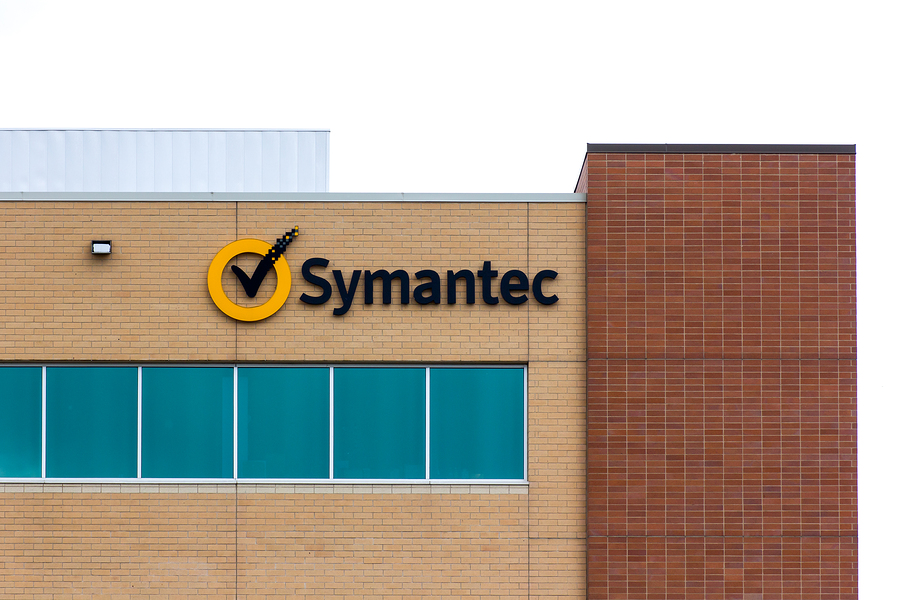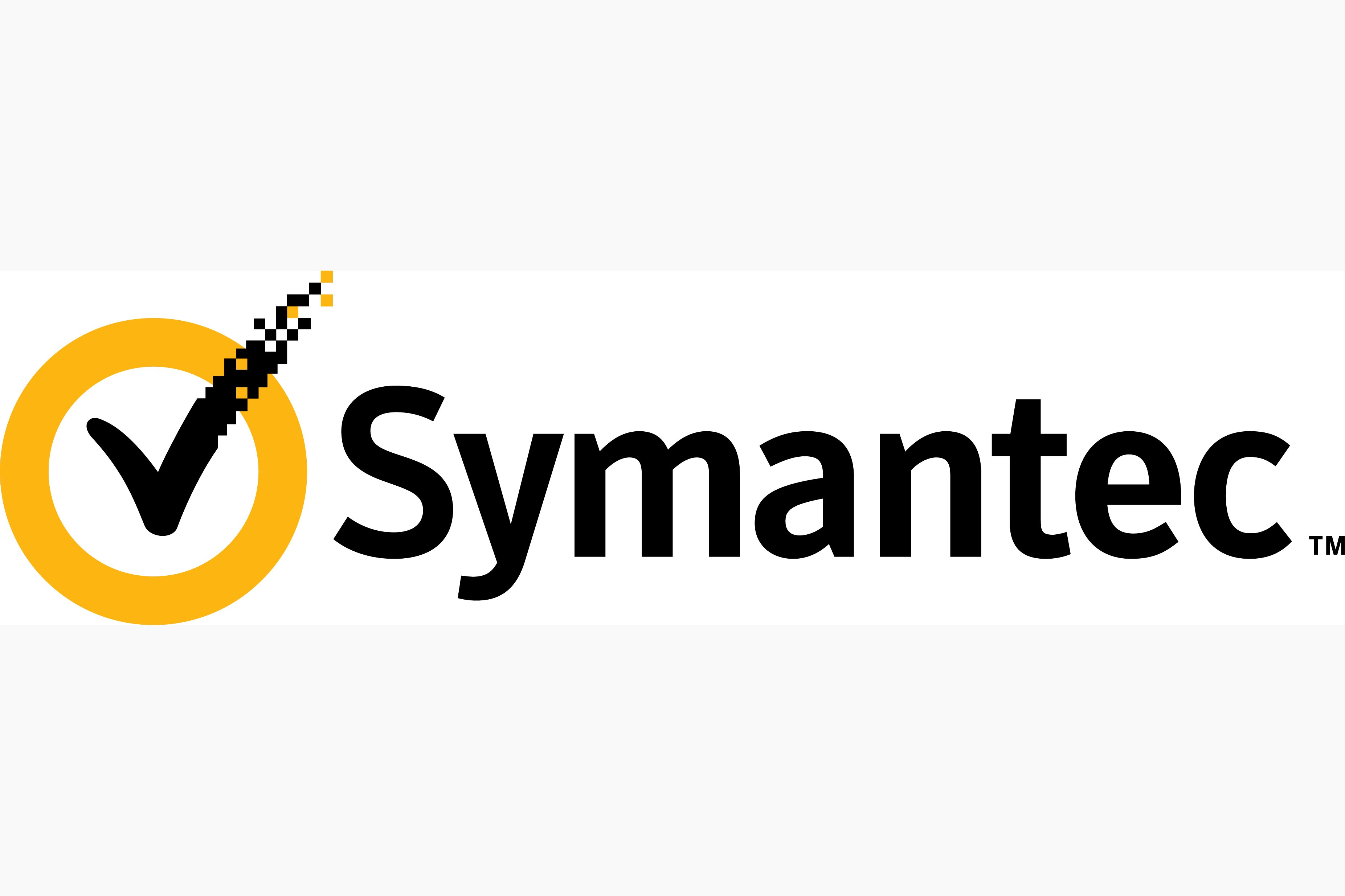Cyber criminals make big bucks with scareware
The online bad guys set to enjoy big money simply by what one professor calls a form of "entrapment marketing".

Cyber criminal kingpins can make profits of more than 850,000 by pushing fake antivirus software, according to research from Symantec.
The business behind these scams is becoming more organised, with Symantec revealing that it has already uncovered 250 different fake security programs or scareware'.
Other unscrupulous computer users could also cash in by joining as an affiliate on a distribution site, where they are given the tools to distribute, promote and market the fake software.
They would get paid if they tricked a user into installing the scareware, with Symantec claiming that the top affiliates could earn as much as 56,000 a month.
David Wall, a cybercrime expert from Leeds University, said that cyber criminals were seeking the victims, perpetuating the scam and collecting the money in an automated way.
"I'm not sure we've seen those three functions in that one package work so effectively in the past," he told IT PRO.
Wall called it a form of "entrapment marketing" as people believed that they were buying a genuine service.
Get the ITPro daily newsletter
Sign up today and you will receive a free copy of our Future Focus 2025 report - the leading guidance on AI, cybersecurity and other IT challenges as per 700+ senior executives
News of the scame comes as security firm Panda revealed that some cyber criminals were trying to hold people to ransom, denying users access to their computer until they paid up for fake antivirus.
Wall said one of the problems of this scam was that users were conned out of a relatively small amount of money, so it was very hard for victims to go to the police.
"The offence isn't really serious enough to commit investigation resources," he said. "[Currently] the police only investigates frauds over a certain amount of money."
The professor said that the National Fraud Reporting Centre could be the light at the end of the tunnel, as it could potentially investigate this type of small-scale fraud.
-
 Should AI PCs be part of your next hardware refresh?
Should AI PCs be part of your next hardware refresh?AI PCs are fast becoming a business staple and a surefire way to future-proof your business
By Bobby Hellard Published
-
 Westcon-Comstor and Vectra AI launch brace of new channel initiatives
Westcon-Comstor and Vectra AI launch brace of new channel initiativesNews Westcon-Comstor and Vectra AI have announced the launch of two new channel growth initiatives focused on the managed security service provider (MSSP) space and AWS Marketplace.
By Daniel Todd Published
-
 Power stations under attack from long-running hacking campaign
Power stations under attack from long-running hacking campaignNews Dragonfly threat group is ramping up activities, say researchers
By Adam Shepherd Published
-
 Symantec profits surge as firms prop up their cyber defences
Symantec profits surge as firms prop up their cyber defencesNews The company also announced plans to sell its web certificate business
By Dale Walker Published
-
 Symantec to pay $4.65 billion to acquire Blue Coat
Symantec to pay $4.65 billion to acquire Blue CoatNews Greg Clark to become Symantec CEO, promising new cloud security
By Aaron Lee Published
-
 Symantec ditches reseller guilty of scamming PC users
Symantec ditches reseller guilty of scamming PC usersNews Silurian told people they had malware, then sold them Norton Antivirus for $249
By Joe Curtis Published
-
 NATO builds up cyber alliance with Symantec tie-in
NATO builds up cyber alliance with Symantec tie-inNews Military industrial link up to fight cyber attacks
By Rene Millman Published
-
 Junk emails fall to their lowest rate in 12 years
Junk emails fall to their lowest rate in 12 yearsNews Spam is dropping, says Symantec, but other malware threats are on the rise
By Joe Curtis Published
-
 Kaspersky: "We have never been asked to whitelist malware"
Kaspersky: "We have never been asked to whitelist malware"News A company blog has revealed neither government nor any other entity has asked it to stop detecting malware
By Clare Hopping Published
-
 Symantec confirms split into separate security & storage entities
Symantec confirms split into separate security & storage entitiesNews Storage and security will be separated as Symantec tries to boost sales in both
By Adam Lee Published